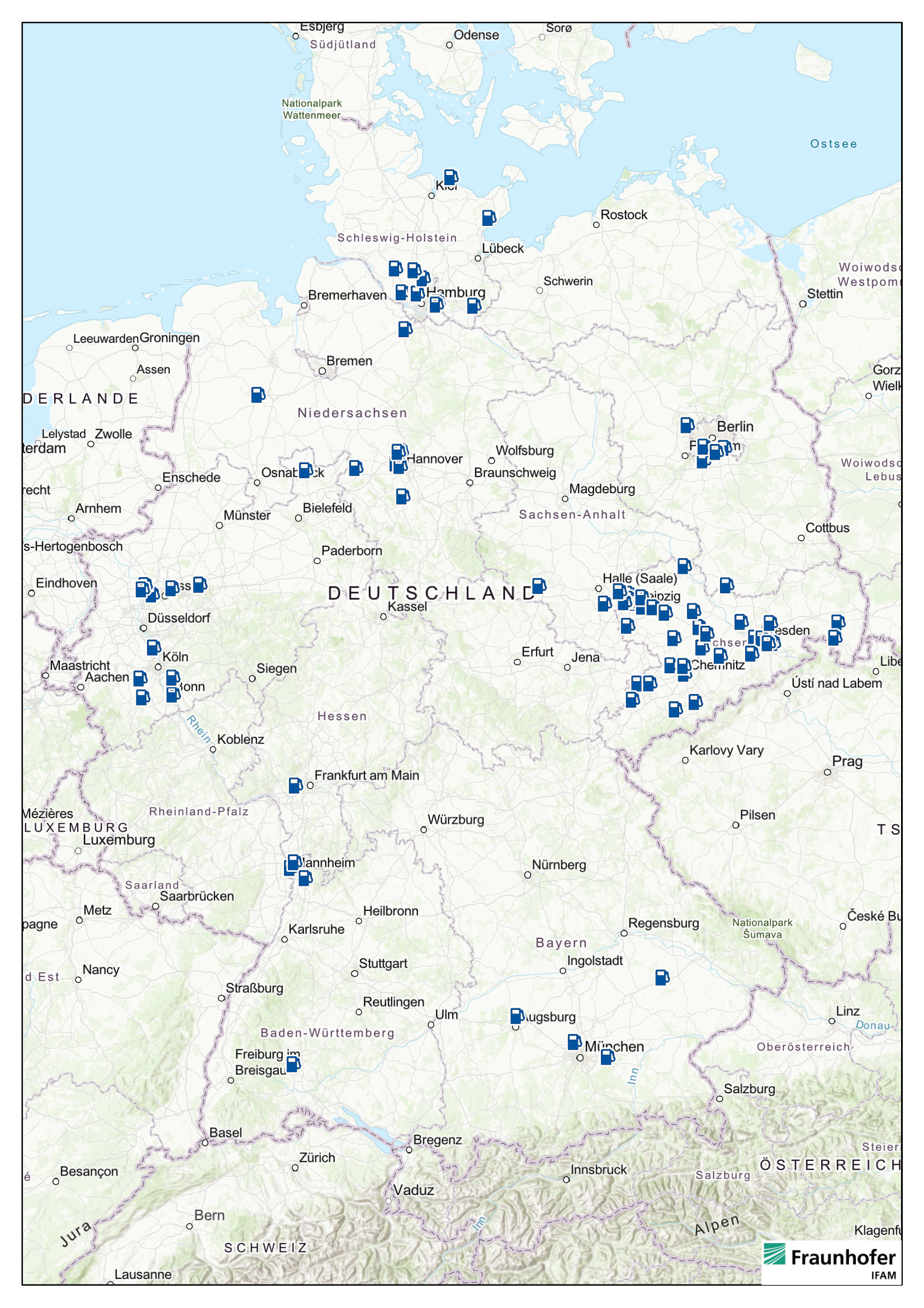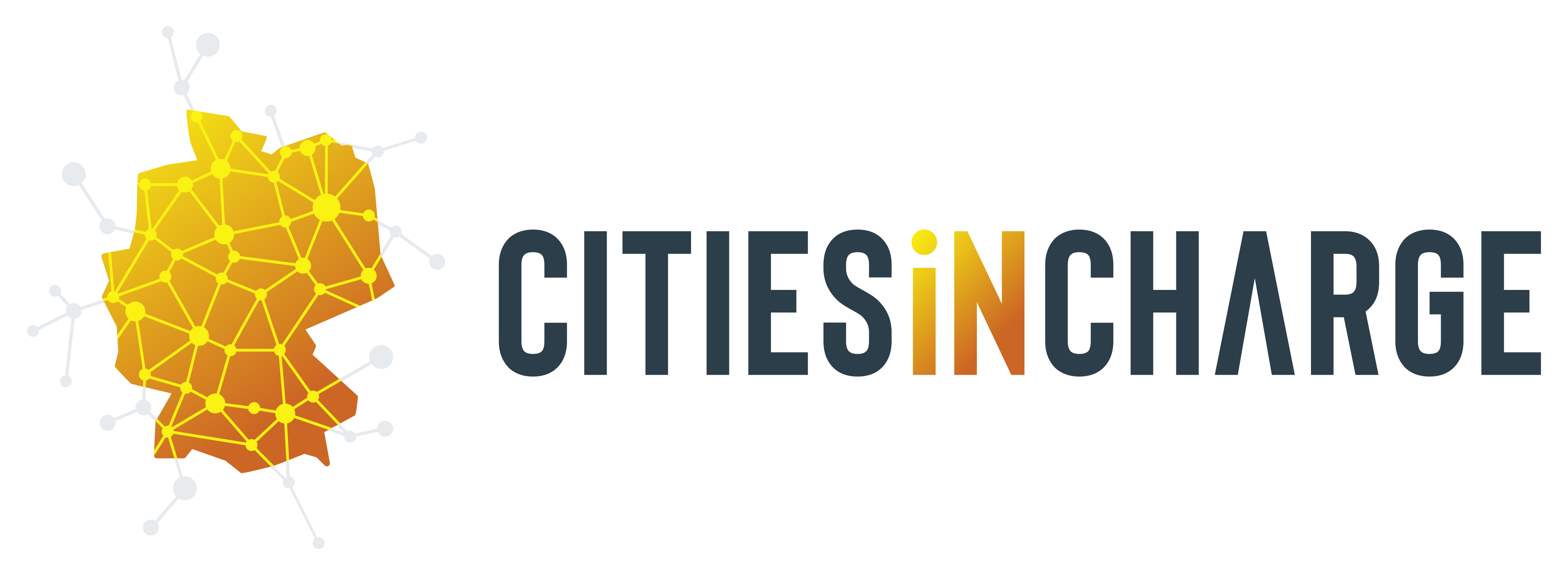Project "Cities in Charge" provides insights for the expansion of charging infrastructure
Many factors must be taken into account when expanding the charging infrastructure for electromobility. In addition to the economic viability of the locations and the possibilities for reducing pollutants, these also include the acceptance of users, whose requirements for charging stations for e-cars are diverse. In order to understand the user perspective better, the "Cities in Charge" project included a Germany-wide online survey at almost 100 charging stations.
New charging stations for electric vehicles nationwide
In many municipalities and communities, it is a determined goal to increase the use of electric vehicles and reduce air pollution. The "Cities in Charge" project is investigating how local charging infrastructures for electromobility can be optimally expanded in cities and regions. As part of the project, charging stations have already been installed in more than 30 regions across Germany, charging locations and their use have been studied, and technical challenges to expansion have been analyzed.
The charging stations are installed on Telekom properties in cities and on the respective commuter routes. The entire program includes:
- Development of 110 publicly accessible charging stations nationwide, more in planning
- Mix of 158 AC and 213 DC charging points
- AC charging up to 43kW, DC charging up to 150kW
- Optimisation of services
Scientific monitoring of the expansion of charging infrastructure
Fraunhofer IFAM's focus in the "Cities in Charge" project is on research into:
- Evaluation of the use of charging infrastructure
- Determination and visualization of the reduction potential of emissions through the development of charging infrastructure
- Investigation of business models for the operation of charging infrastructure
The Electromobility department of Fraunhofer IFAM is evaluating the charging infrastructure implemented in the course of the project. This includes, on the one hand, determining the induced reduction in NOx emissions; in addition, the barriers to use and the target group-specific requirements for an efficient and user-friendly charging infrastructure are analyzed.
In addition, the Smart Systems department, in close cooperation with the Institute of High Voltage Equipment and Grids, Digitalisation and Energy Economic (IAEW), is developing concepts for intelligent charging control for grid-serving charging by integrating battery storage, especially for charging stations at locations with low capacity reserves of the power grid.
 Fraunhofer Institute for Manufacturing Technology and Advanced Materials IFAM
Fraunhofer Institute for Manufacturing Technology and Advanced Materials IFAM

